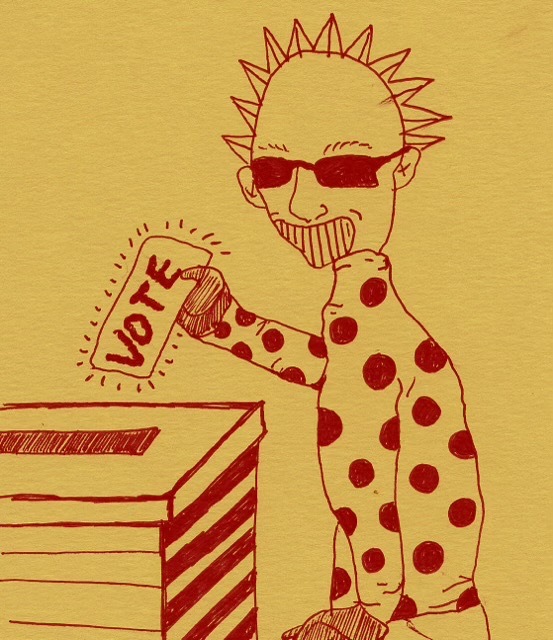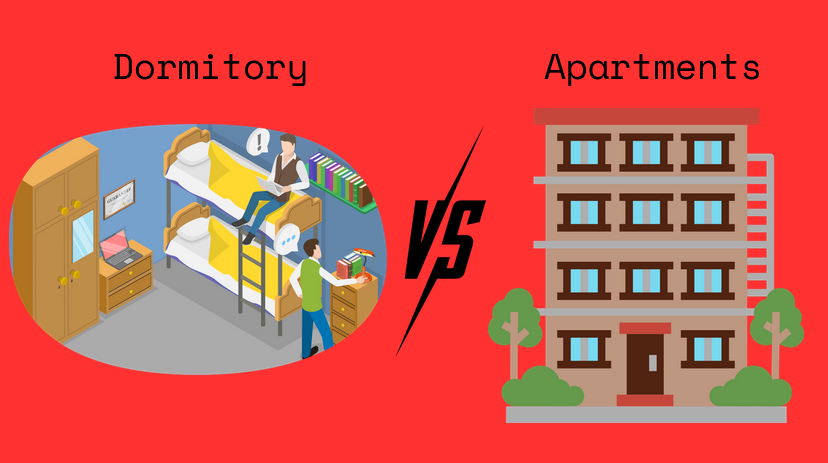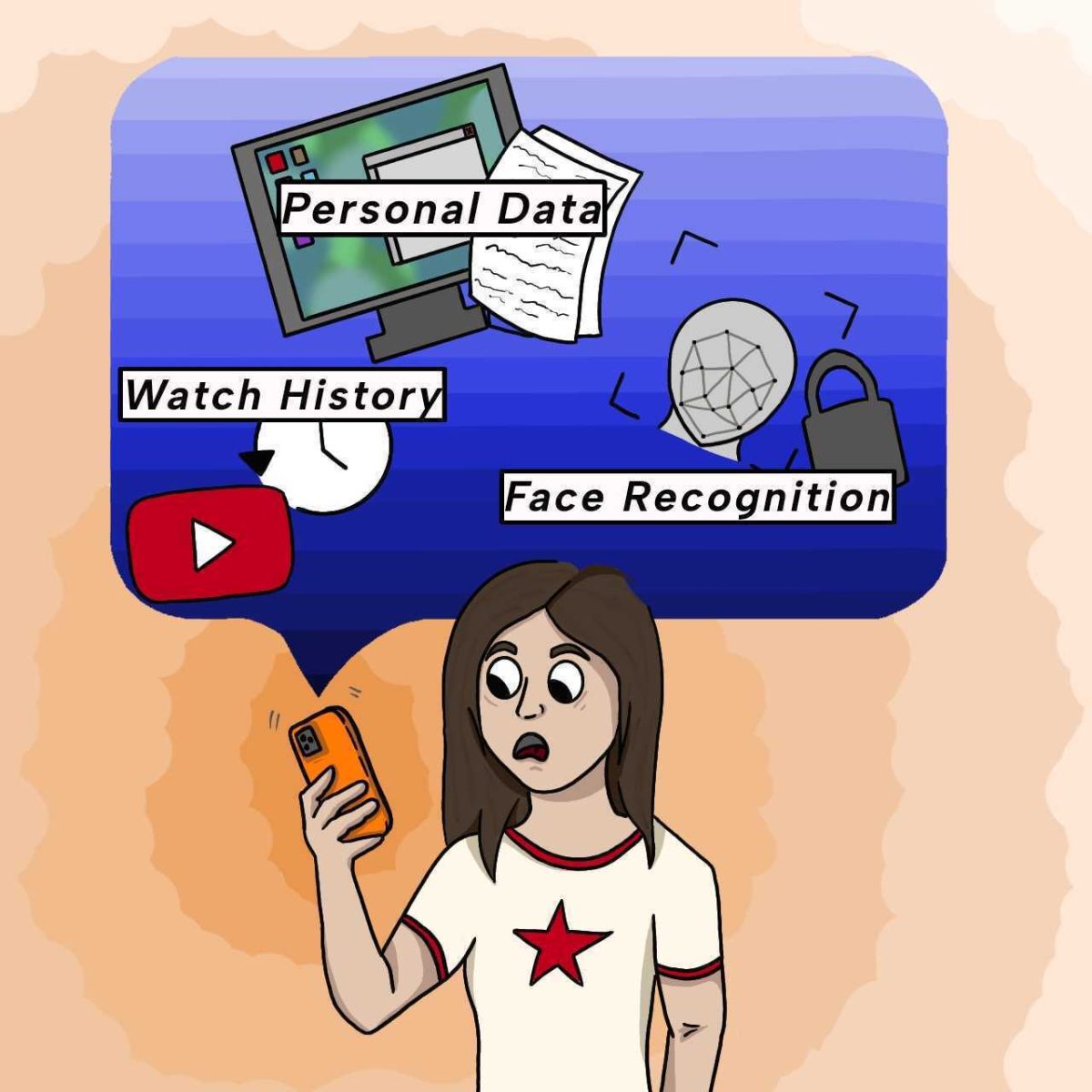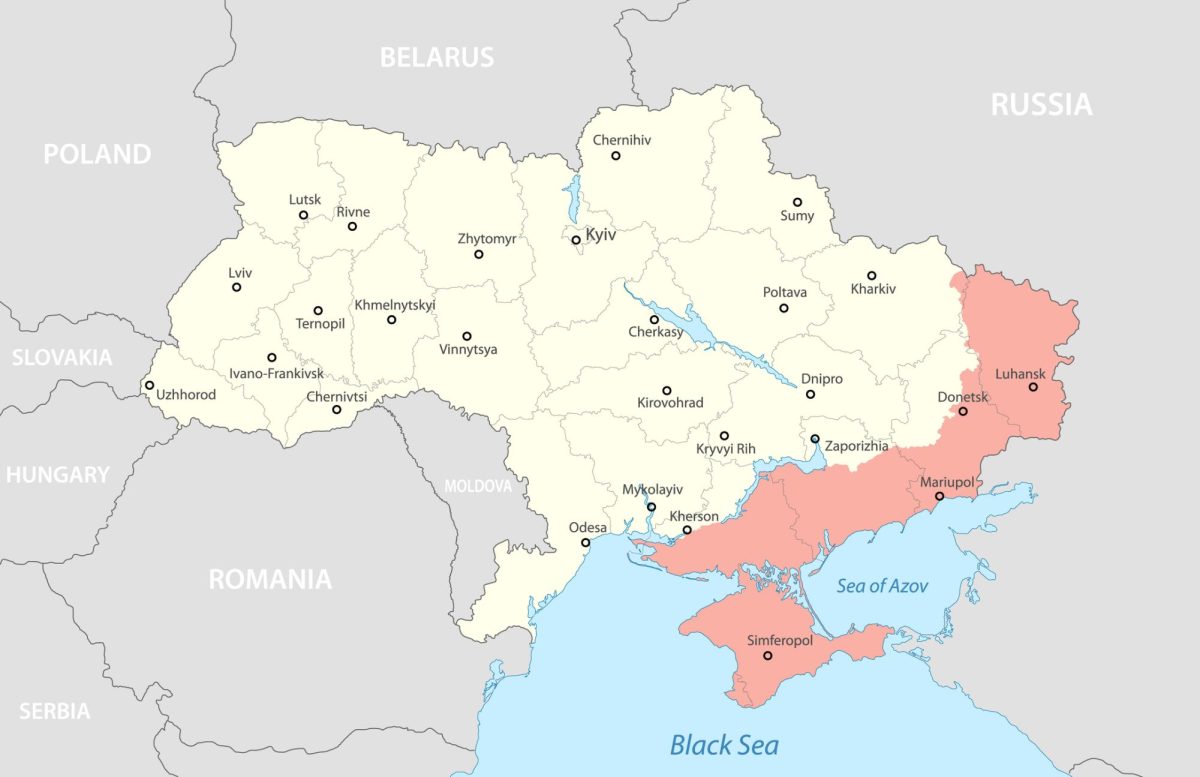Elections have shifted from upholding democratic values to becoming a strategic play on human psychology. The tactics employed by politicians are manipulative and require a careful critique.
The shared desire for a better political system has become tainted by convoluted politics. Since the beginning of the Electoral College, the value of our votes has varied depending on our state – our votes are not all equal.
The Electoral College is designed so the popular vote doesn’t determine the presidency, rather our vote goes to electors that pledge to their party candidate. The party that wins the popular vote of a state gets all that state’s electoral votes, with 270 electoral votes determining the presidency, according to National Archives. However, Maine and Nebraska can split their electoral votes.
The use of the two-party system was developed to mobilize voters and facilitate electoral choice and also to reduce politicians acting out of self-interest. Although running as an independent is always possible – in the United States it is almost ingrained to view politics as Democratic vs Republican, which limits our freedom and possibility for greater change when we box ourselves in this kind of thinking.
Scot Schraufnagel, an NIU political science professor, emphasized the electoral college’s controversy, highlighting its origins in restricting voting to people who were considered “intelligent.”
“Today, people are chosen to be members of the Electoral College based on party loyalty, not their intelligence,” said Schraufnagel. “The assumption was that the people didn’t have enough information to be able to vote. Right? Well, literacy has improved a lot since the Electoral College was written into law and part of the Constitution. A lot more people can read and write today than they could in 1787. Also with social media, there’s a lot more information. And so, I think people are in a better position to make an informed choice than perhaps they have ever been.”
In general in the Electoral College and politics, politicians are usually elected and included due to their party loyalty, not exactly credibility or knowledge.
Considering the power of the Electoral College in our democratic republic, it’s important to consider who is a part of the electoral process. The people that comprise our Congress are questionable regarding their credibility and capability in terms of what qualifies one to be a politician.
Despite the increasing access to information, extensive research on voter psychology indicates decision-making processes are influenced by heuristics, media, campaign techniques and various biases, according to a 2020 study published by UC Davis.
Heuristics are cognitive shortcuts people make when making decisions. However, these shortcuts often rely on biases, errors and suboptimal decisions, according to a 2020 study published in the Oxford University Press.
The Electoral College’s design shifts how democratic our government truly is. On top of that, the social media and campaigning gimmicks that impact our perceptions of elections are the cherry on top for why we need to be extra critical of our government and voting participation.
While personalities and health statuses of candidates seem to make headlines, election stakes rely on our knowledge of the election process and party involvement to avoid using heuristics. The personalities and campaigning gimmicks are all distractions from what’s at stake — democratic thinking and policies.
Given how the election system works, it is paramount to consider the gravity of the party in the election since that is what our votes divert to. Whether that be aligning with the values and policies of the Democrats, Republicans or the Independent party; be informed about what your party stands for and the benefits and consequences that can result from their leadership.
“We know that politicians write public policies that address the concerns of voters — of voters, not nonvoters,” Schraufnagel said. “So as much as young people don’t vote, right, It’s not surprising that there hasn’t been more in the way of student loan forgiveness, or other things that might be important to young people.”
Being informed is part of our duty as citizens, but it starts with thinking about what you expect from a government and want to see improved in the world — our votes go to meaningful changes like that, they shouldn’t go to who is the most charismatic or bold.
This is our country and lives at stake: a very different matter than choosing who you want to hang out with or watch on TV.
“If you could vote based on policy, that’s fine, and that’s good. But a party is not a terrible cue,” Schraufnagel said. “Party does get you closer than just going based on name or something like that.”
Make your vote count by reevaluating what matters to you, what policies you care about and the future of our country.



















